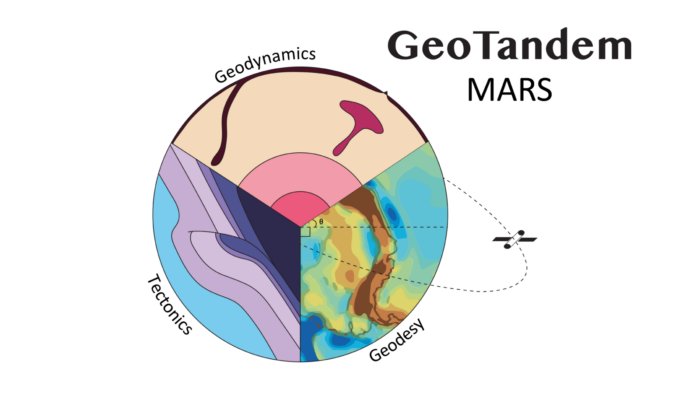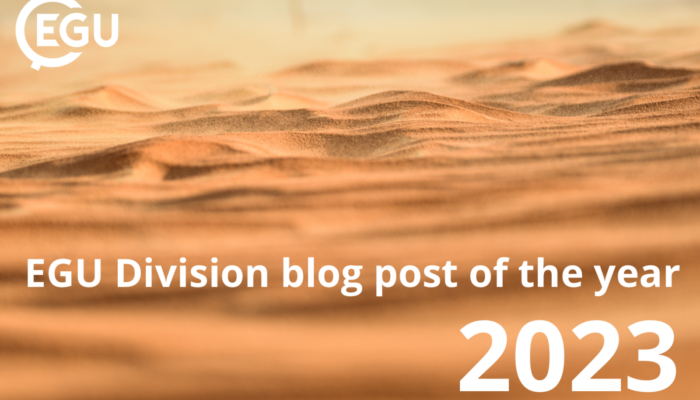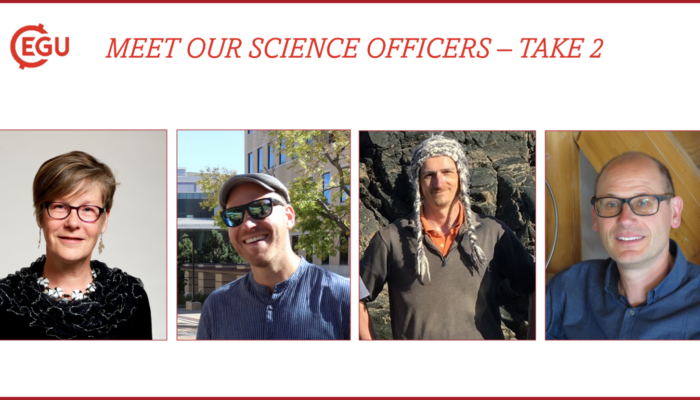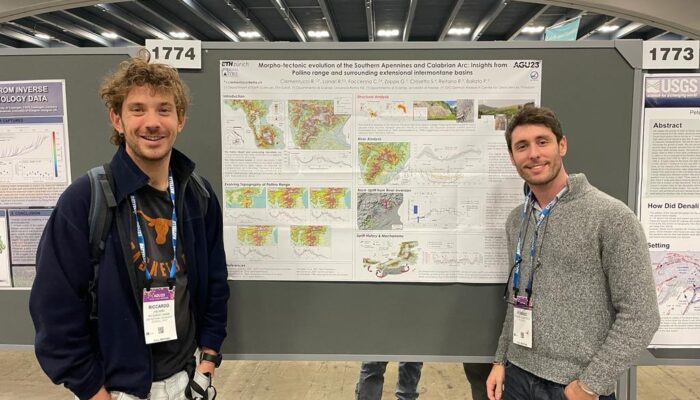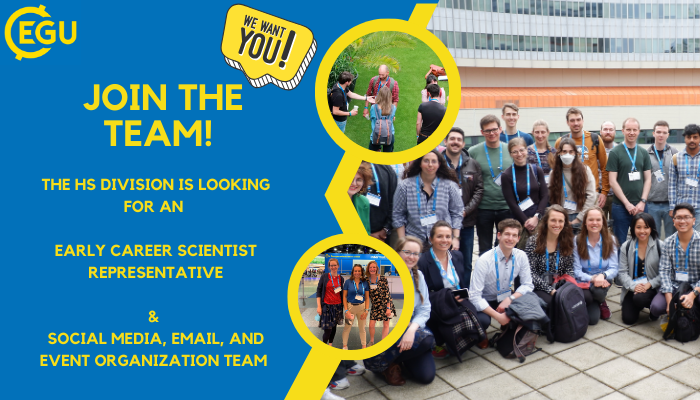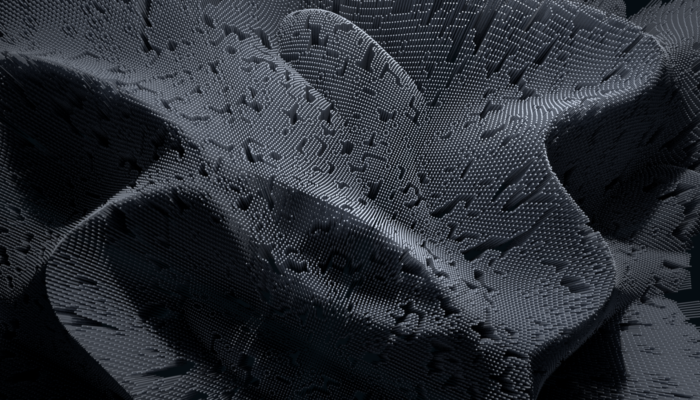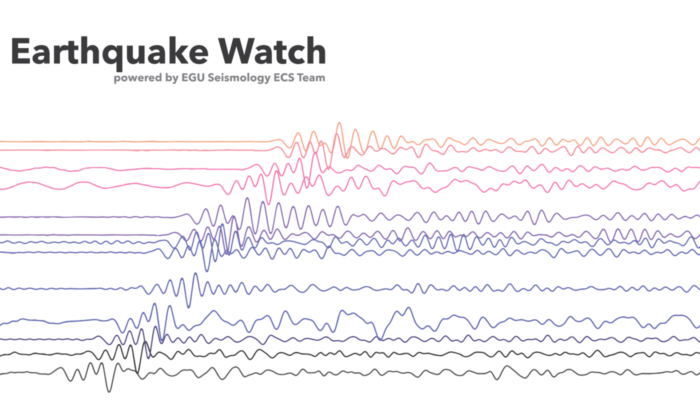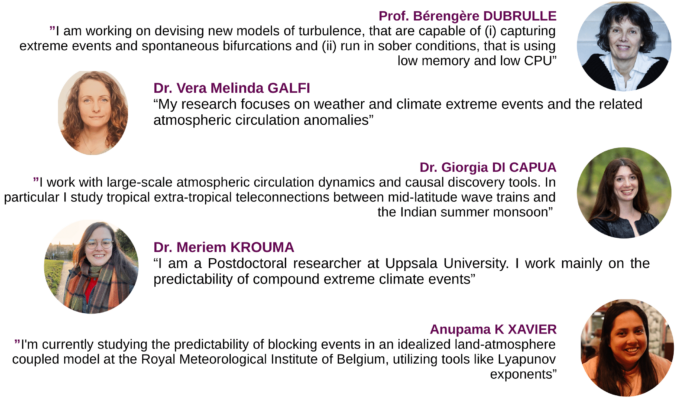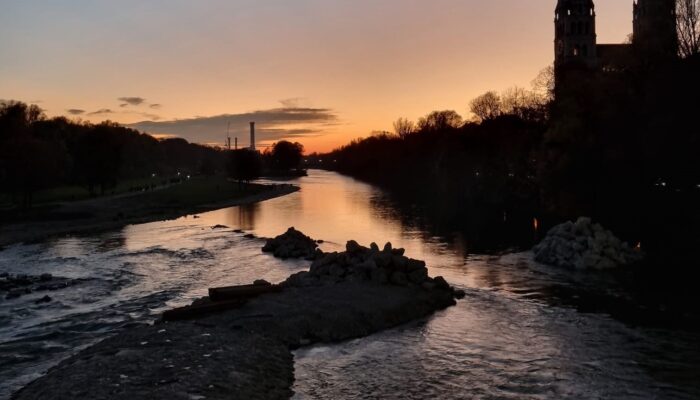Welcome to the first of its kind, the Geotandem 01! A collaborative series between EGU divisions. Interdisciplinarity is intrinsic to Geosciences, so we want to showcase how researchers approach the same topics from different but also complementing perspectives. In each edition, we will bring you a high-interest topic for the community seen from the eyes of diverse disciplines. Today, the Tectonic ...[Read More]
If you didn't find what you was looking for try searching again.
Tectonics and Structural Geology
Geotandem: The Tectonics (or lack thereof) of Mars
Welcome to the first of its kind, the Geotandem 01! A collaborative series between EGU divisions. Interdisciplinarity is intrinsic to Geosciences, so we want to showcase how researchers approach the same topics from different but also complementing perspectives. In each edition, we will bring you a high-interest topic for the community seen from the eyes of diverse disciplines. Today, the Tectonic ...[Read More]
GeoLog
Congratulations to the winners of the best EGU blogs of 2023!
If you’re a regular reader of the EGU blogs, you may notice a certain annual tradition of ours: we like to celebrate the contribution of our science writers and bloggers over the year gone by. And 2023 was no exception of course; we had a number of inspiring and thought-provoking blog posts published across the EGU’s official blog GeoLog and division blogs. Thank you to each one of you for your ti ...[Read More]
Geochemistry, Mineralogy, Petrology & Volcanology
Meet our EGU-GMPV Science officers – take 2
As we approach the EGU General Assembly, we remember that there are a number of people working hard to ensure that sessions on our favourite topics are secured. This also ensures that topics of interest to as wide a range of scientists as possible are covered. This is why the GMPV Division has representatives from the various fields of geochemistry, mineralogy, petrology and volcanology. Last time ...[Read More]
Geomorphology
AGU Report
by Romano Clementucci, PostDoc, ETH Zurich (Switzerland) Twitter: @RomanoClementu1 | email: rclementucci@erdw.ethz.ch As postdoctoral researchers, advancing our careers often involves attending an international congress. In December 2023, I achieved this goal by participating in AGU23, marking my first attendance after several consecutive years at EGU. It was exhilarating to share my research ...[Read More]
Hydrological Sciences
Join the Early Career Scientist Representative (ECS Rep) Team of the Hydrological Sciences (HS) Division of EGU
With the General Assembly of the European Geosciences Union (EGU) in Vienna (April 14-19) approaching fast, it’s time to assemble the new team to represent Early Career Scientists (ECS) of the Hydrological Sciences Division! We’re looking for a new ECS representative, as well as team members to coordinate social media, our newsletter, online campfires, and to join our fantastic blog team led by B ...[Read More]
GeoLog
AI-based tools in scientific publishing: to what extent can we rely on them?
Academic publishing has considerably evolved in response to technological developments. Current discussions revolve around the rise of generative Artificial Intelligence (AI) tools or Large Language Models (LLM). They exceed the capabilities of simple spelling and grammar checkers or translation software and their use in the publication process has several implications that need to be considered. ...[Read More]
Seismology
Earthquake Watch: Seismicity in the Reykjanes Peninsula, Iceland
For this Earthquake Watch we are very happy to have Yesim Cubuk-Sabuncu write about the seismicity around the recent eruptions in the Reykjanes Peninsula, Iceland! Yesim is a postdoctoral researcher in seismology at the Icelandic Meteorological Office, Service and Research Division since 2019. She obtained her Ph.D. in Geophysical Engineering at the Istanbul Technical University, Turkey in 2016. L ...[Read More]
Nonlinear Processes in Geosciences
Interviews with Women in Nonlinear Processes in Geosciences: Exploring Inspiration and Challenges
In celebration of Women in Science day, we delve into the experiences and insights of five accomplished women scientists in the field of Nonlinear Processes in Geosciences: Prof. Bérengère Dubrulle, Dr. Vera Melinda Galfi, Dr. Giorgia di Capua, Dr. Meriem Krouma, and Anupama K Xavier. Through a series of interviews, these women share their journeys, addressing challenges faced as women in science, ...[Read More]
GeoLog
GeoPolicy: Fluvial geomorphology and its potential for policy impact
In this month’s GeoPolicy blog post, Dr Grace Skirrow outlines how researchers can share their expertise with environmental regulators to have policy impact and the role that fluvial geomorphology can play in policy decisions. Fluvial Geomorphology and why it is relevant for policymakers Fluvial Geomorphology (“fluvial”, derived from the Latin “fluvialis”, meaning “of the river”) is the study of l ...[Read More]

